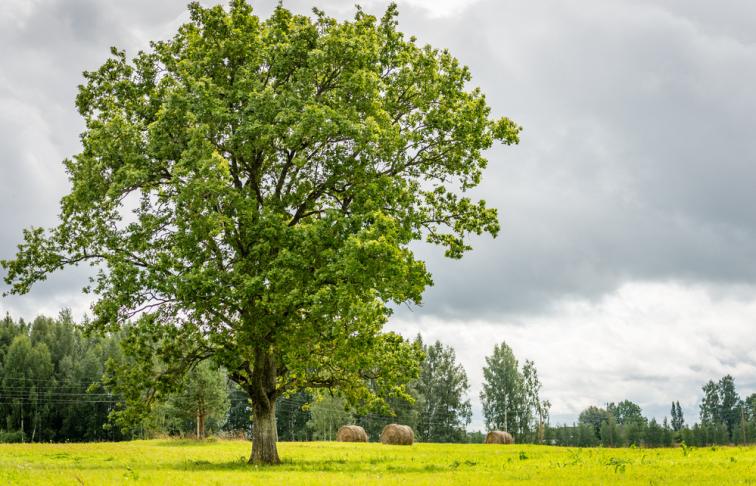Manage your account and see your money through our mobile banking app or on your computer through our website.


Hay fever, or ‘allergic rhinitis’ is a common reaction to pollen from grass, trees and weeds. Symptoms can include sneezing and coughing; a runny or blocked nose; itchy, red or watery eyes; itchy throat, mouth, nose and ears; loss of smell; pain around the temples and forehead; headache and earache.
There is no cure for hay fever, and the most effective way to control it to avoid exposure to pollen completely. However, it’s very difficult to avoid pollen, particularly during the summer months, when we all want to spend more time outdoors – even more this year as restrictions ease. But there are some straightforward ways to minimise your exposure to pollen:
Treatment options for hay fever include antihistamines, which can help to prevent an allergic reaction from occurring and corticosteroids (steroids), which help to reduce inflammation and swelling. Speak to your local pharmacist to see if they could help you.
You can also check the pollen forecast each day here.